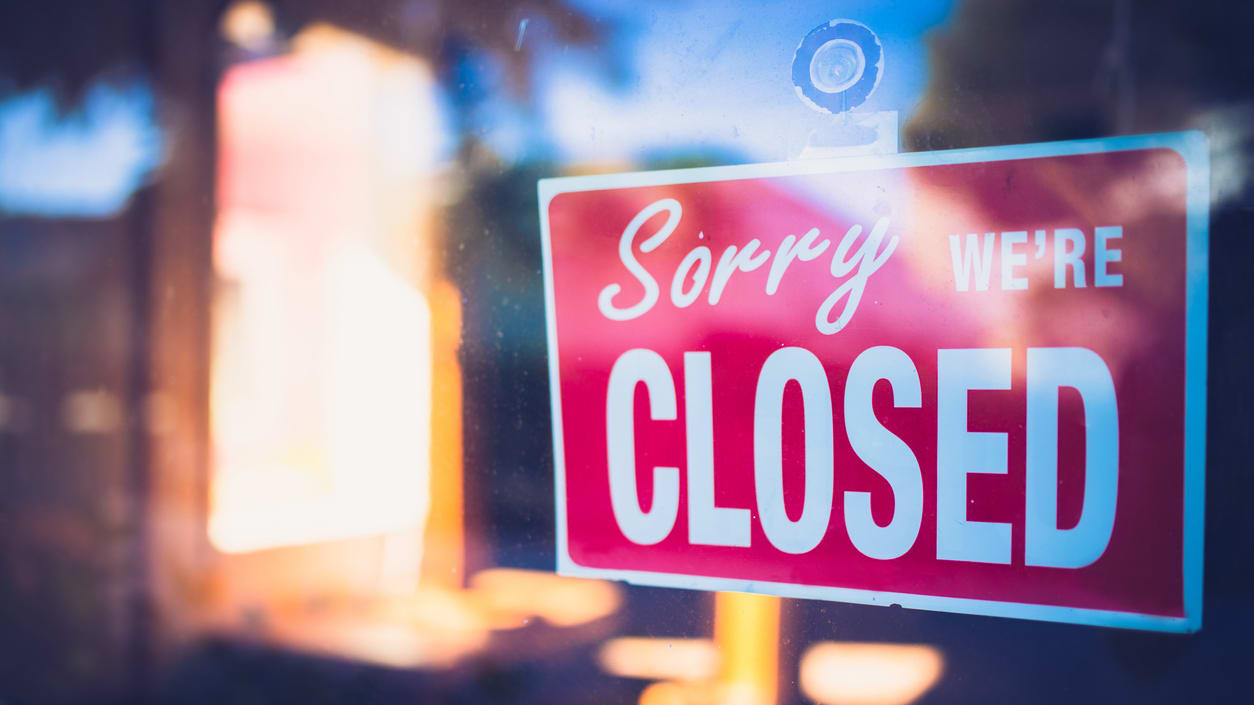Customers are encountering early closings and food shortages at restaurants and grocery stores. Store hours at Starbucks have been reduced as employees have called in sick during the spike in COVID-19 cases attributed to the omicron variant of the virus. Other chains, including McDonald's, are cutting hours due to labor shortages. Processing plant, food distribution and grocery store employees have called in sick as well, resulting in food shortages.
We've gathered articles on the news from SHRM Online and other media outlets.
Restaurants Have Cut Hours
The omicron cases and labor shortages have created a double whammy for restaurants. Some, like Starbucks and Chipotle, have responded by reducing hours. McDonald's CEO Chris Kempczinski said the chain is cutting store hours by 10 percent on average at 13,000 of its nearly 40,000 stores. "No one is immune to it," Shake Shack CEO Randy Garutti told investors, referring to worker shortages.
Strain on Food Supply
The U.S. food supply has been strained as the omicron variant has stretched workforces from processing plants to grocery stores. In Arizona, 1 in 10 processing plant and distribution workers at a major produce company were recently out sick. In Massachusetts, employee illnesses have slowed the flow of fish to supermarkets and restaurants. A grocery chain in the Southeast had to hire temporary workers after approximately one-third of its distribution center employees became ill.
Pharmacies' Temporary Closures
On Jan. 14, Walgreens and CVS Health Corp. said they had to temporarily shut some stores due to staffing issues. CVS said the store closures over the following weekend were in response to the omicron variant and staffing shortages. A Walgreens spokesperson said the closures affected less than 1 percent of the company's nearly 9,000 stores.
(Reuters)
Omicron May Have Peaked Nationwide
While the number of COVID-19 cases attributed to the omicron variant remains high, there are signs that it has peaked nationwide. Through Friday, the U.S. was averaging about 720,000 new cases a day, down from approximately 807,000 the preceding week. But there still are sharp increases in infections in some states in the West, South and Great Plains.
Recent Supreme Court Rulings
Now that the U.S. Supreme Court has blocked the Occupational Safety and Health Administration's vaccine-or-testing rule for large employers, businesses may want to review their COVID-19-related workplace policies. In a separate recent opinion, the Supreme Court lifted the stay on a vaccination directive for health care providers that are Medicare or Medicaid recipients.




